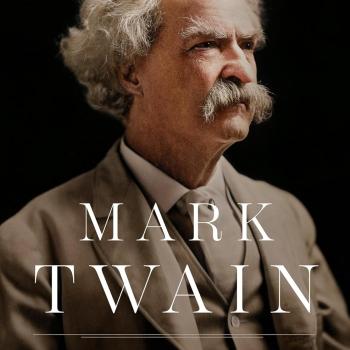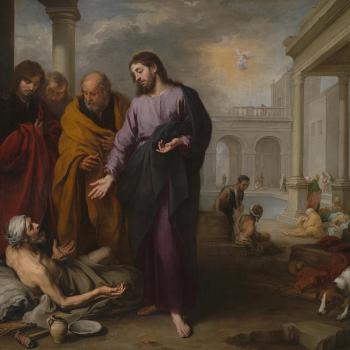And in the following four verses, Ezekiel tells us what this bizarre image means. "Mortal, these bones are the whole house of Israel." The story thus is an extended metaphor: the bones are in fact the people of Israel, the dejected and defeated exiles in Babylon. They cry, "Our bones are dried up, and our hope is lost; we are cut off completely" (37:11). After the first defeat of Israel and Jerusalem by the forces of Babylon (597 B.C.E.), the initial wave of exiles was marched eastward to the fabled capital of the Babylonian empire. It is often thought that Ezekiel was among them. The shock of their defeat led them to absolute despair and hopelessness.
But Ezekiel has good news for these exiles. For a third time he is asked to prophesy, and this time the demand does not appear ridiculous. The hearers are not bones or wind but his people. "Thus says YHWH God: I am going to open your graves, and bring you up from your graves, O my people; I will bring you back to the land of Israel" (37:12). The metaphor shifts from bones to graves, but the meaning remains the same: there is still hope, even though the people find themselves far from their home, landless, kingless, without temple or priest. Even in exile, YHWH has not forgotten. "I will put my spirit within you, and you shall live, and I will place you on your own soil; then you shall know that I, YHWH, have spoken and will act, says YHWH" (37:14).
And so it is for us on this fifth Sunday in our Lenten journey. Though we may often see ourselves as dry bones, without breath, hopeless and despairing, as good as dead, lying in our graves, we need to listen to the prophets among us, who continue to hear the absurd call to prophesy to us bones, to proclaim that our self-imposed graves cannot hold us, that God is among us and is a God of life and hope now and forever.





